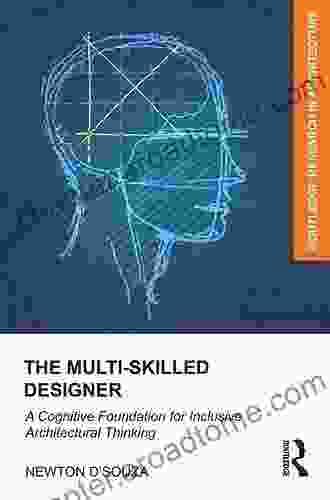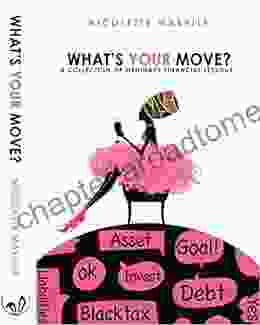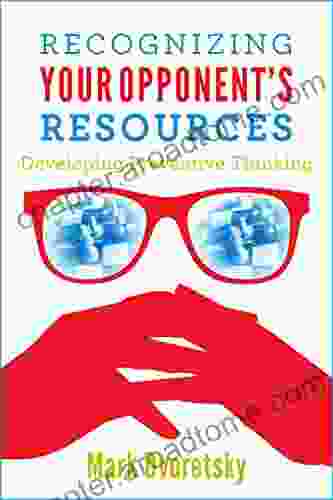Igniting Inclusive Architectural Thinking: Unveiling Cognitive Frameworks for a Human-Centered Built Environment

: Redefining Architecture through the Lens of Inclusivity
Architecture, as a discipline, has long been preoccupied with the creation of aesthetically pleasing and functional spaces. However, the modern architectural landscape is undergoing a paradigm shift, where the focus is increasingly turning towards inclusivity and accessibility.
5 out of 5
| Language | : | English |
| File size | : | 8306 KB |
| Text-to-Speech | : | Enabled |
| Screen Reader | : | Supported |
| Enhanced typesetting | : | Enabled |
| Print length | : | 256 pages |
Inclusive architectural thinking challenges traditional design approaches by emphasizing the importance of understanding the diverse cognitive abilities, needs, and preferences of building occupants. It recognizes that the built environment has a profound impact on our well-being, and strives to create spaces that empower individuals to thrive.
Unveiling Cognitive Frameworks: The Cornerstone of Inclusive Design
At the heart of inclusive architectural thinking lies the understanding of cognitive processes that shape our perception and interaction with the built environment. These frameworks provide architects with a roadmap for creating spaces that are both accessible and meaningful.
1. Spatial Cognition: Navigating the Architectural Landscape
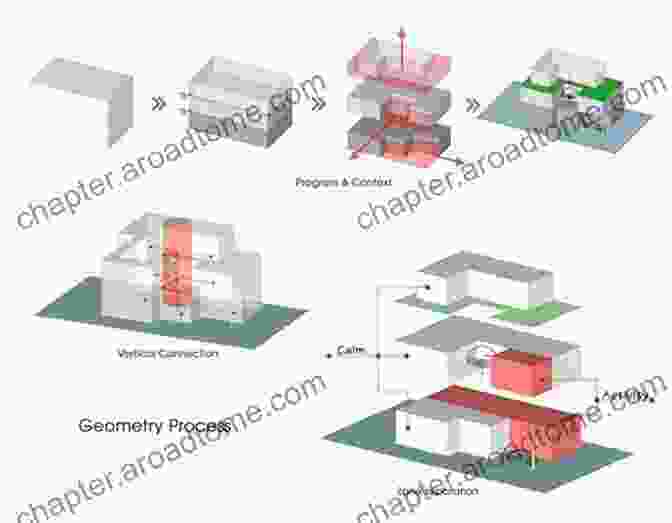
Spatial cognition encompasses our ability to understand, remember, and reason about physical spaces. By grasping the cognitive processes involved in wayfinding, orientation, and spatial reasoning, architects can design environments that are easier to navigate for people with cognitive disabilities.
2. Environmental Perception: Enhancing Sensory Experiences
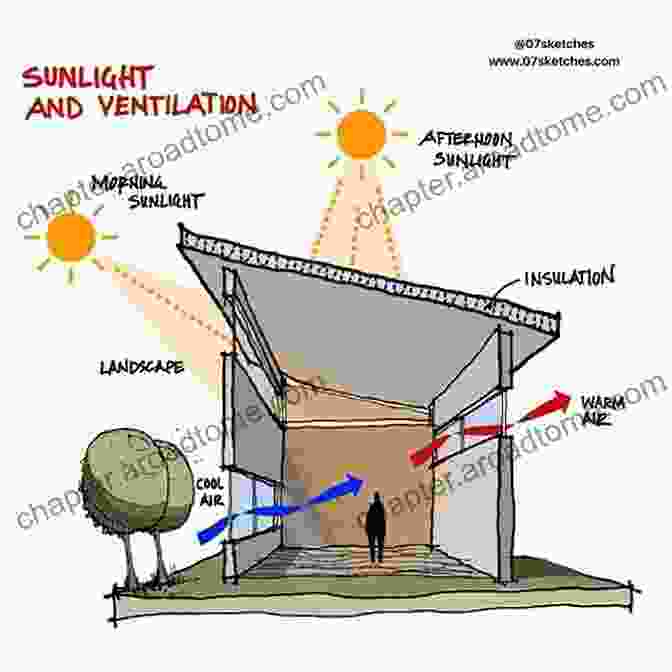
Environmental perception refers to the way we perceive and interpret our surroundings through our senses. Inclusive design considers the sensory sensitivities and preferences of individuals and strives to create environments that are calming, stimulating, or both, depending on the intended use.
3. Cognitive Accessibility: Bridging the Communication Gap
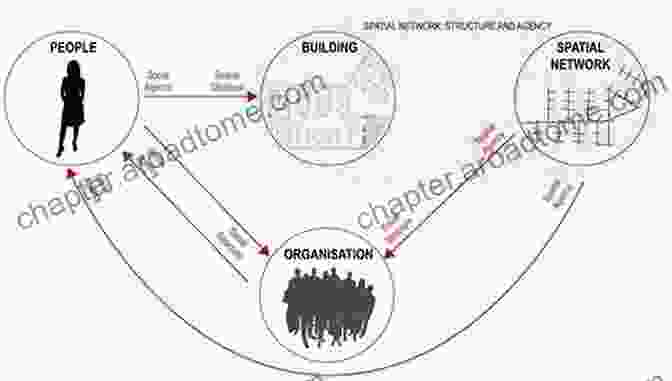
Cognitive accessibility ensures that information and communication within the built environment is accessible to everyone, regardless of their cognitive abilities. This includes the use of clear and concise signage, color cues, and alternative communication methods.
Benefits of Inclusive Architectural Thinking: Empowering Individuals, Transforming Communities
The adoption of inclusive architectural thinking brings forth a multitude of benefits that extend beyond individual well-being and positively impact entire communities.
- Enhanced Accessibility: Inclusive design ensures that all individuals have equal access to and can fully participate in the built environment.
- Improved User Experience: By understanding cognitive processes, architects can create spaces that are intuitive, enjoyable, and safe for everyone.
- Social Inclusion: Inclusive environments foster a sense of belonging and empower individuals to feel connected to their communities.
- Economic Empowerment: Accessible and inclusive spaces enable people with cognitive disabilities to participate fully in the workforce and contribute to society.
: The Imperative for a Human-Centered Built Environment
In an era where diversity and inclusion are paramount, inclusive architectural thinking is not merely a desirable goal but an imperative. By embracing cognitive frameworks, architects can design built environments that empower individuals to thrive, promote social equity, and ultimately create a more inclusive and sustainable world.
Cognitive Foundation For Inclusive Architectural Thinking Routledge Research In provides a comprehensive exploration of these cognitive foundations, offering valuable insights and practical guidance for architects, designers, and policymakers alike.
Let us unlock the transformative potential of inclusive architectural thinking and ignite a built environment that celebrates human diversity and enhances the well-being of all.
5 out of 5
| Language | : | English |
| File size | : | 8306 KB |
| Text-to-Speech | : | Enabled |
| Screen Reader | : | Supported |
| Enhanced typesetting | : | Enabled |
| Print length | : | 256 pages |
Do you want to contribute by writing guest posts on this blog?
Please contact us and send us a resume of previous articles that you have written.
 Book
Book Novel
Novel Page
Page Chapter
Chapter Text
Text Story
Story Genre
Genre Reader
Reader Library
Library Paperback
Paperback E-book
E-book Magazine
Magazine Newspaper
Newspaper Paragraph
Paragraph Sentence
Sentence Bookmark
Bookmark Shelf
Shelf Glossary
Glossary Bibliography
Bibliography Foreword
Foreword Preface
Preface Synopsis
Synopsis Annotation
Annotation Footnote
Footnote Manuscript
Manuscript Scroll
Scroll Codex
Codex Tome
Tome Bestseller
Bestseller Classics
Classics Library card
Library card Narrative
Narrative Biography
Biography Autobiography
Autobiography Memoir
Memoir Reference
Reference Encyclopedia
Encyclopedia Stan Belyshev
Stan Belyshev Nitsuke
Nitsuke Myesha Luster
Myesha Luster Mike Moyer
Mike Moyer Ray Ortlund
Ray Ortlund Michele O Mara
Michele O Mara Richard Dotts
Richard Dotts Wen Qin Wang
Wen Qin Wang Mohd Yusuf
Mohd Yusuf Michael Tolinski
Michael Tolinski Peter Scazzero
Peter Scazzero Nancy J Blomberg
Nancy J Blomberg Richard P Phelps
Richard P Phelps Patricia Finney
Patricia Finney Dr Brad Campbell
Dr Brad Campbell Eliza White Buffalo
Eliza White Buffalo Nichola Tyler
Nichola Tyler Michelle Mcnamara
Michelle Mcnamara Naima Natalie Bayton
Naima Natalie Bayton Nick Alexander
Nick Alexander
Light bulbAdvertise smarter! Our strategic ad space ensures maximum exposure. Reserve your spot today!

 Hunter MitchellFour Body-Changing Workouts to Build Muscle, Lose Fat, and Look Good in the...
Hunter MitchellFour Body-Changing Workouts to Build Muscle, Lose Fat, and Look Good in the... Vladimir NabokovFollow ·3.8k
Vladimir NabokovFollow ·3.8k H.G. WellsFollow ·6.7k
H.G. WellsFollow ·6.7k Marcus BellFollow ·4.3k
Marcus BellFollow ·4.3k Charles DickensFollow ·7.4k
Charles DickensFollow ·7.4k W.B. YeatsFollow ·10.7k
W.B. YeatsFollow ·10.7k Clarence BrooksFollow ·16.7k
Clarence BrooksFollow ·16.7k Gary CoxFollow ·11.4k
Gary CoxFollow ·11.4k Eliot FosterFollow ·17.8k
Eliot FosterFollow ·17.8k

 Samuel Beckett
Samuel BeckettPortrait of the Plague Doctor: A Chilling Tale of Fear...
Prologue: A...

 Elliott Carter
Elliott CarterTrends in Modeling and Simulation Studies in...
Unveiling the Convergence of...

 Natsume Sōseki
Natsume SōsekiCells For Kids: Science For Children
Unlock the Microscopic...

 Anthony Wells
Anthony WellsUnlock the Power of Understanding: Embrace the African...
Embark on a Journey of Truth,...

 Forrest Reed
Forrest ReedBreaking Free: Healing from Toxic Relationships Between...
Are you struggling...
5 out of 5
| Language | : | English |
| File size | : | 8306 KB |
| Text-to-Speech | : | Enabled |
| Screen Reader | : | Supported |
| Enhanced typesetting | : | Enabled |
| Print length | : | 256 pages |


